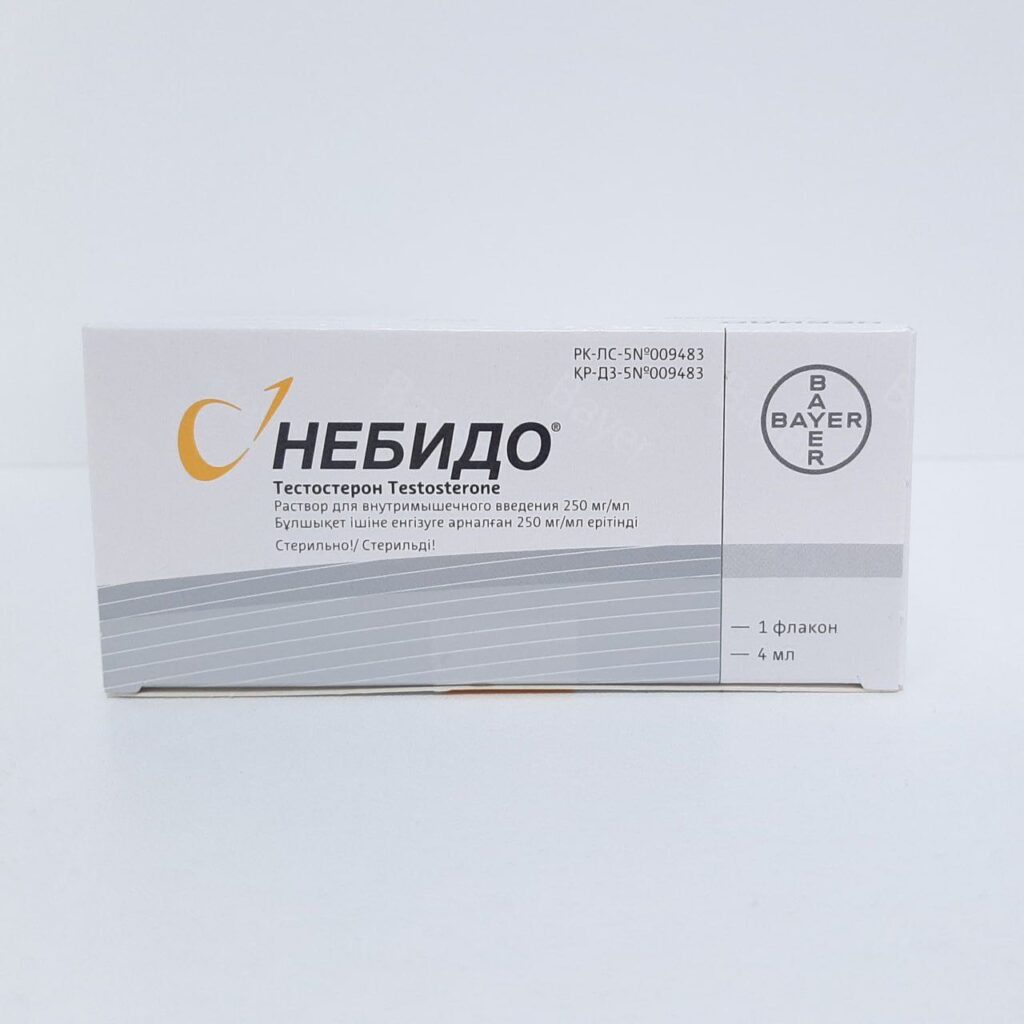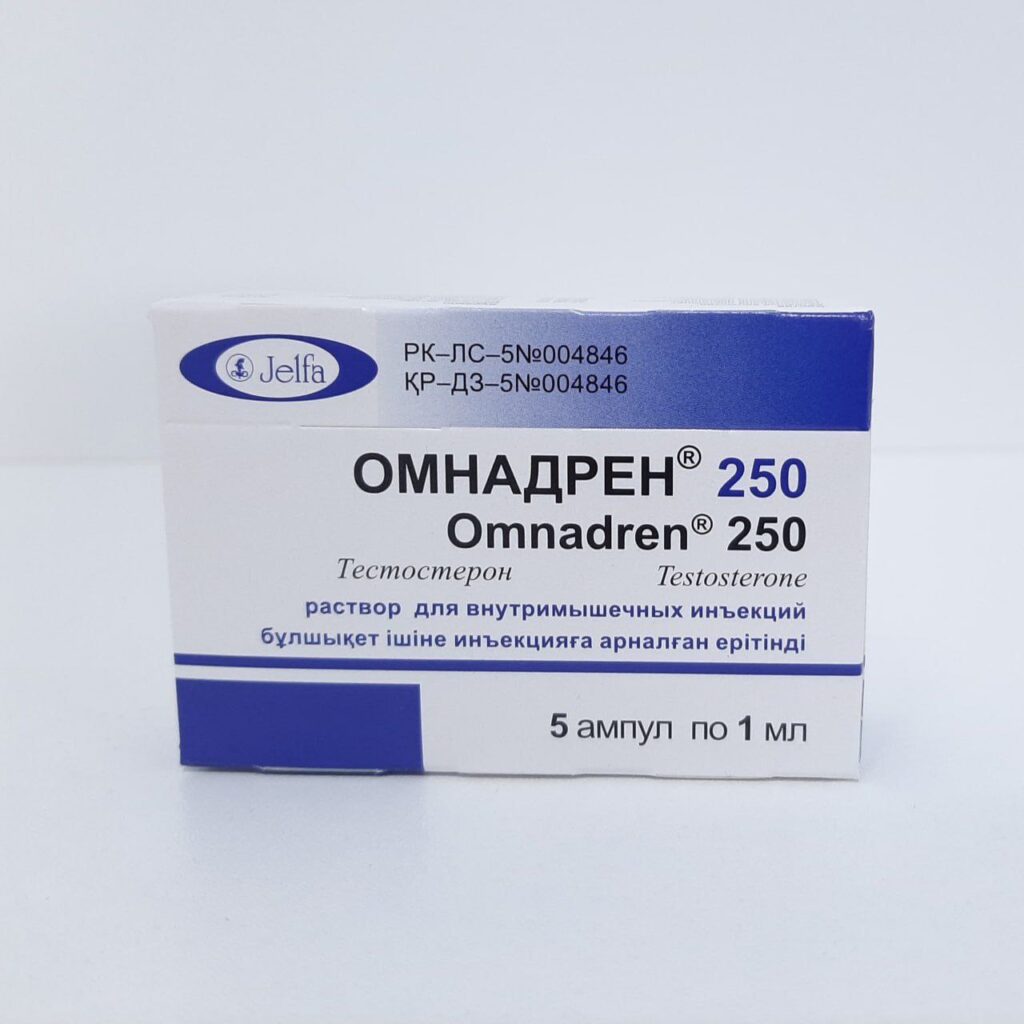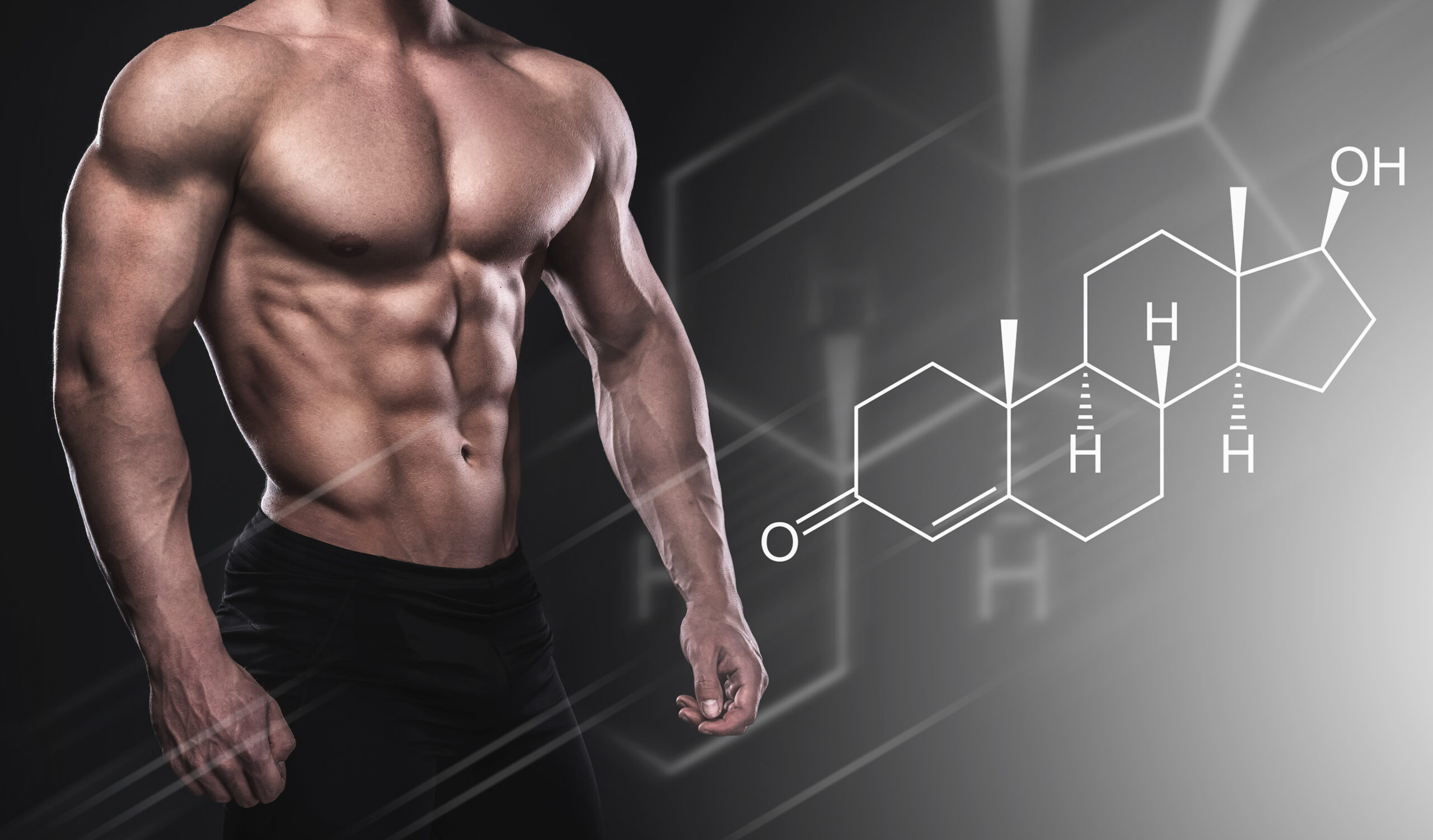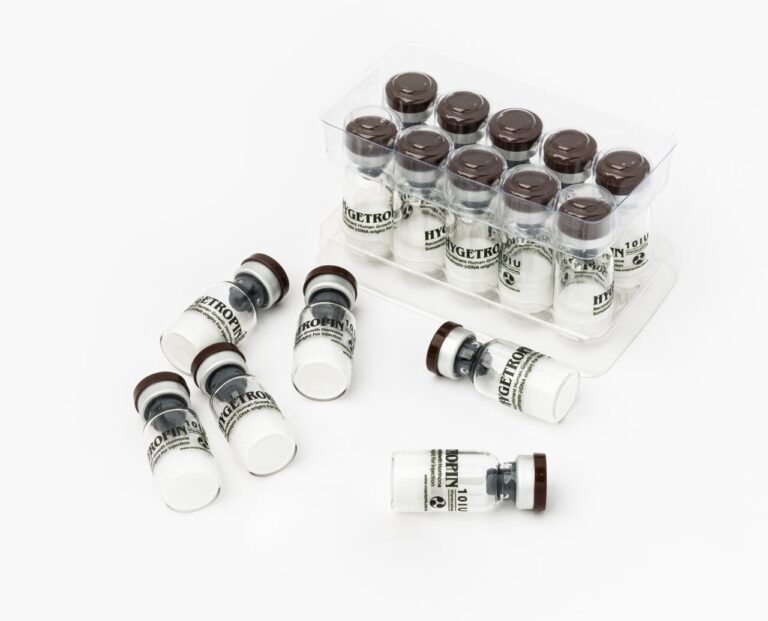Human growth hormone (HGH) and testosterone are two popular performance-enhancing substances often discussed in the realms of fitness, anti-aging, and overall health optimization. Both play crucial roles in the body, but their functions, benefits, and risks differ significantly. If you’re exploring options to boost energy, muscle growth, or vitality, it’s essential to understand how HGH compares to testosterone and which might be better suited for your goals.
What is HGH?
Human growth hormone (HGH) is a naturally occurring peptide hormone produced by the pituitary gland. It plays a vital role in growth, metabolism, and cellular regeneration. HGH is especially active during childhood and adolescence, promoting bone growth and muscle development. In adults, HGH continues to regulate body composition, muscle mass, fat metabolism, and overall energy levels.
Some people turn to HGH supplementation to counteract age-related decline or enhance athletic performance. Synthetic HGH injections or supplements, which can be found here: HGH products, aim to replicate the effects of natural HGH in the body.

Benefits of HGH
- Muscle Growth and Strength: HGH stimulates protein synthesis, which can lead to increased lean muscle mass.
- Fat Loss: It helps break down fats and promotes a leaner physique.
- Improved Energy Levels: Users often report higher energy, stamina, and recovery.
- Skin and Hair Health: HGH contributes to collagen production, improving skin elasticity and reducing wrinkles.
- Bone Density: It enhances calcium retention and bone mineralization, which is crucial for aging adults.
What is Testosterone?
Testosterone is a steroid hormone primarily produced in the testes in men and in smaller amounts in the ovaries in women. It’s central to male sexual development, muscle growth, and overall vitality. Testosterone levels naturally decline with age, often leading to symptoms like decreased libido, fatigue, and muscle loss.
Testosterone therapy (often referred to as TRT, or testosterone replacement therapy) aims to restore hormone levels in men with low testosterone. This can be done via injections, gels, patches, or oral supplements.

Benefits of Testosterone
- Muscle Mass and Strength: Testosterone promotes protein synthesis, increasing muscle growth.
- Bone Health: It enhances bone density and reduces the risk of osteoporosis.
- Mood and Cognitive Function: Proper testosterone levels are linked to improved mood, focus, and mental clarity.
- Sexual Health: Testosterone therapy can improve libido and sexual performance.
- Energy Levels: Increased testosterone can combat fatigue and improve overall vitality.
HGH vs Testosterone: Key Differences
While HGH and testosterone both support muscle growth, energy, and overall health, they operate differently within the body. Here are some key distinctions:
| Feature | HGH | Testosterone |
|---|---|---|
| Type | Peptide hormone | Steroid hormone |
| Main Function | Cell growth, metabolism, regeneration | Male sexual characteristics, muscle mass, energy |
| Muscle Growth | Indirect via IGF-1 | Direct via protein synthesis |
| Fat Loss | Promotes lipolysis | Moderate effect on fat metabolism |
| Energy Boost | Improves recovery and stamina | Increases overall energy and libido |
| Age-related Use | Anti-aging and vitality | Hormone replacement therapy |
Long-Tail Keywords Related to HGH vs Testosterone
When searching for information, people often use long-tail keywords such as:
- “HGH vs testosterone for muscle growth”
- “HGH supplementation for anti-aging”
- “Benefits of testosterone therapy for men over 40”
- “HGH injections vs testosterone injections”
- “Side effects of HGH and testosterone”
Including these phrases naturally in content helps improve SEO and ensures the article answers common questions readers have.
Side Effects and Risks
Both HGH and testosterone have potential side effects that must be considered before starting therapy.
HGH Side Effects
- Swelling due to fluid retention
- Joint and muscle pain
- Increased risk of diabetes if misused
- Carpal tunnel syndrome
- Rare cases of abnormal growths or tumors
Testosterone Side Effects
- Acne and oily skin
- Hair loss
- Sleep apnea
- Increased risk of cardiovascular issues
- Fertility issues if misused
It’s essential to consult a healthcare provider before using either hormone for performance enhancement or anti-aging purposes.

Combining HGH and Testosterone
Some individuals consider combining HGH and testosterone for maximum benefits in muscle growth, fat loss, and vitality. While some studies suggest synergistic effects, combining these hormones should always be done under medical supervision to minimize risks and monitor hormone levels carefully.
Choosing Between HGH and Testosterone
Deciding which hormone is better depends on your specific goals, age, and health status.
Consider HGH if:
- You are focused on fat loss and lean muscle gain
- You want anti-aging benefits like improved skin, hair, and energy
- You are an adult with HGH deficiency
Consider Testosterone if:
- You have low testosterone levels and related symptoms
- Your primary goal is muscle mass and strength
- You are seeking improved libido and sexual health
Natural Ways to Boost HGH and Testosterone
Before opting for supplementation, several lifestyle changes can naturally enhance hormone levels.
Boost HGH Naturally:
- Engage in high-intensity interval training (HIIT)
- Ensure adequate sleep (7–9 hours per night)
- Maintain balanced nutrition rich in protein and healthy fats
- Practice intermittent fasting, which may stimulate HGH release
Boost Testosterone Naturally:
- Strength training and resistance exercises
- Vitamin D and zinc supplementation
- Stress management techniques like meditation
- Adequate sleep and balanced diet
FAQs About HGH and Testosterone
Q1: Can HGH increase testosterone levels?
HGH primarily influences growth and metabolism, not testosterone production. However, improved body composition and reduced fat may indirectly support healthy testosterone levels.
Q2: Which is safer for anti-aging purposes?
Both hormones carry risks. HGH is generally used for metabolic and regenerative benefits, while testosterone is for hormone replacement. Medical supervision is crucial for safety.
Q3: How long does it take to see results from HGH?
Visible effects like improved energy and fat loss can appear within a few weeks, but significant muscle growth and anti-aging benefits typically take several months.
Q4: Are HGH injections legal?
HGH is legal for medical use under a doctor’s prescription but is illegal for performance enhancement in sports in most countries.
Q5: Where can I buy HGH safely?
You can explore high-quality options here: HGH products. Always consult a healthcare provider before starting any regimen.
Conclusion
HGH and testosterone serve different yet complementary roles in the body. HGH excels at promoting cellular regeneration, fat loss, and anti-aging benefits, while testosterone is more directly involved in muscle mass, strength, and sexual health. Choosing the right hormone depends on your goals, age, and underlying health conditions.
For those considering supplementation, it’s essential to approach this carefully with professional guidance. High-quality HGH products can support health and vitality when used correctly, but consultation with a healthcare provider remains a crucial step.
For safe and reliable options, explore HGH products to learn more about available supplements and therapies that may suit your needs.




